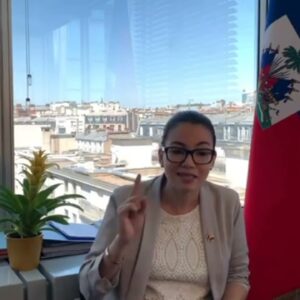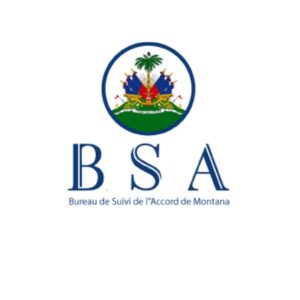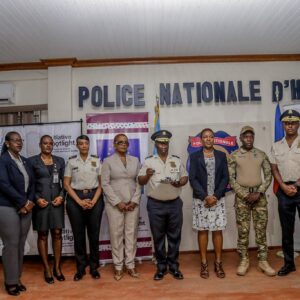CNN team flies over Haiti to see how firearms are being smuggled CNN’s David Culver gives us a look into the illegal arms trade in Haiti and how it is impacting the country’s food crisis.
Videos released on Wednesday, May 15 showed how weapons made in the United States were being smuggled into Haiti.
The weapons, as revealed by CNN, are smuggled through the Central Plateau, which had for years been used as a drug smuggling route. According to the United Nations, the weapons are then transported through Haiti’s mountainous and hard-to-access rural areas before finding their way to the capital, Port-au-Prince.
For a country struggling to feed its population or provide medical supplies, videos showed weapons arriving in the plateau by Cessna plane. One gang leader, Vitelhomme Innocent, even admitted on camera that it was easier to import weapons than food and basic supplies.
The Cessnas land in the dark of night and under radar to avoid detection by Haitian security forces. Some weapons are also smuggled by land or sea from the United States.
Innocent refused to confirm his contacts in the United States, saying: “I don’t go to the United States, I can’t accuse the United States of saying the weapons come from there.” Despite his equivocation, experts analyzed the weapons and confirmed beyond unreasonable doubt that they were made in the United States.
Due to the abundance of weapons and ammunition in Haiti, 80% of Port-au-Prince is now controlled by gangs. “On every street corner you don’t know what to expect, not to mention the ever-changing gang boundaries,” explained Jean-Martin Bauer, Country Director of the United Nations World Food Program, the challenges of providing humanitarian aid in the capital.








